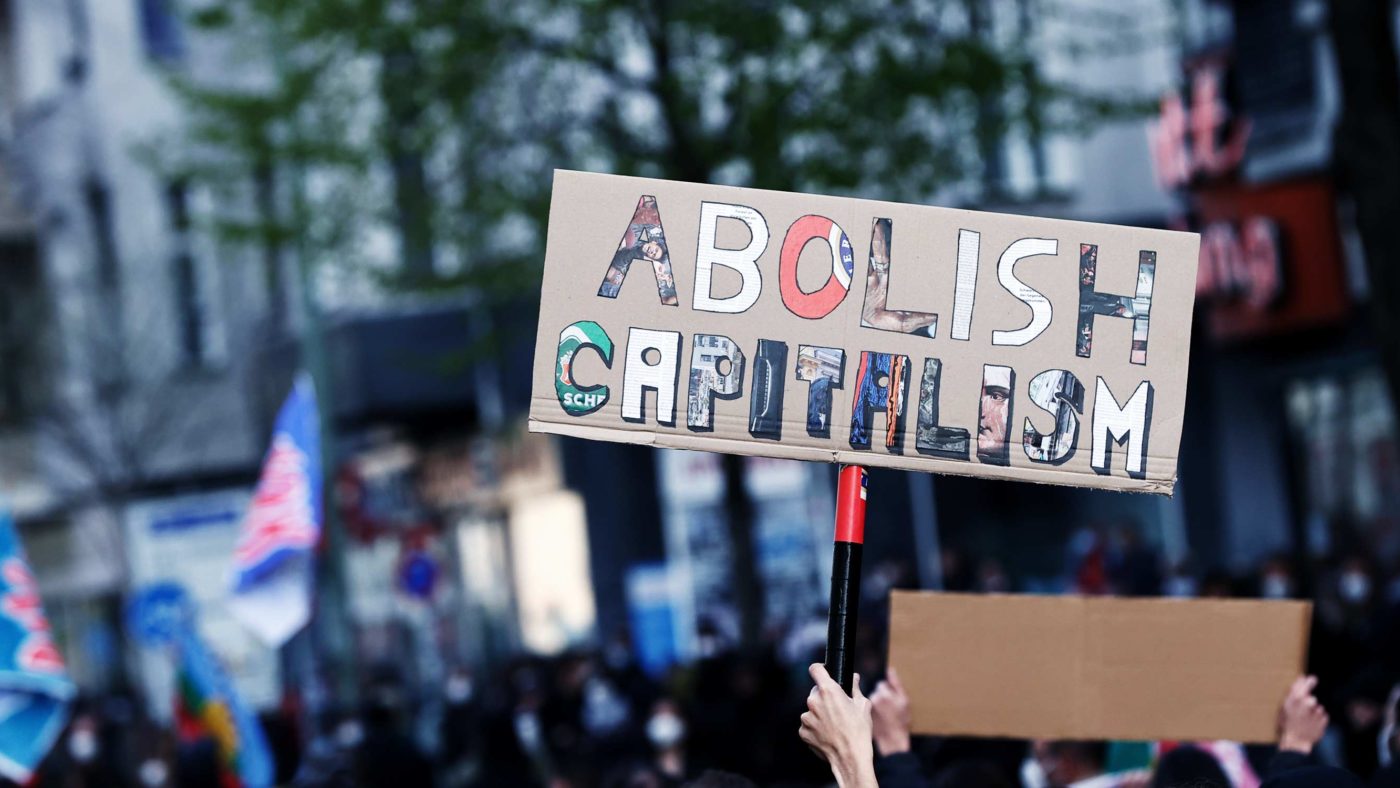“Capitalism is dead”.
For the editor of a website whose tagline is “For Popular Capitalism”, that quip from American super-pollster Frank Luntz was pretty tough to swallow.
Fortunately Luntz – whose in-depth survey of British voters’ attitudes is essential reading – hasn’t become a sudden convert to collectivism. He simply means that the word ‘capitalism’ has so many negative connotations that free marketeers need to update their lexicon, especially when talking to the wider public, rather than among themselves. If you have to use the word “capitalism” at all preface it with a gentle modifier such as “responsible” – though Luntz says best to just avoid it altogether. (You can listen to the whole of my interview with him here, by the way).
Luntz’s research for our parent organisation, the Centre for Policy Studies (CPS), found that Brits take a pretty dim view of UK PLC. Indeed, the most widely held views of businesses were that they put “profit over people”, overpay their executives and avoid taxes. That’s a salutary reminder that the language of lefty street protests can easily seep into the wider body politic – a point also made in a different connection by Kristian Niemietz on our pages earlier this week.
My first instinct on hearing all this was that we economic liberals must redouble our efforts to convince people that capitalism is not a four-letter word. But the more I reflect on it, the more that seems like failing to see the wood for the trees – especially when Luntz’s alternative suggestions, “economic freedom” and an “open economy”, are perfectly palatable. Indeed, speaking a language people readily understand is surely a far quicker way to convince them of your case than trying to patiently explain to them that their distaste is misplaced.
Likewise, when it comes to talking about business, using different language can encourage a fairer hearing. So instead of using the word “corporation”, Luntz suggests “employers”, emphasising the aspect of the private sector people put most stock in. What one chooses to emphasise also matters. As my CPS colleague Nick King points out, people are far more positively disposed to smaller businesses – what Americans call the ‘Mom and Pop store’ – so why not remind them that businesses and communities are not antithetical, but deeply wrapped up in each other.
Luntz’s findings weren’t all totally dire for economic liberals. One thing I found particularly encouraging, especially after the inane posturing about GB News advertising, is that the public are not at all interested in companies attaching themselves to political causes. Combined with the preference for the word “employers”, that suggests that even if they have some negative views about business, most voters still accept that the private sector is what makes jobs.
Focusing on job creation should be a fertile furrow for right-wingers to plough, especially when we may soon be looking at a period of higher unemployment than we’ve become accustomed to. An obvious corollary of this jobs argument is that only those in work can pay the taxes that support our public services.
Ultimately it boils down to the same insight: people may not much like the word “capitalism”, but they certainly value all of the good things that it produces – so let’s not be shy about reminding them.
Click here to subscribe to our daily briefing – the best pieces from CapX and across the web.
CapX depends on the generosity of its readers. If you value what we do, please consider making a donation.


